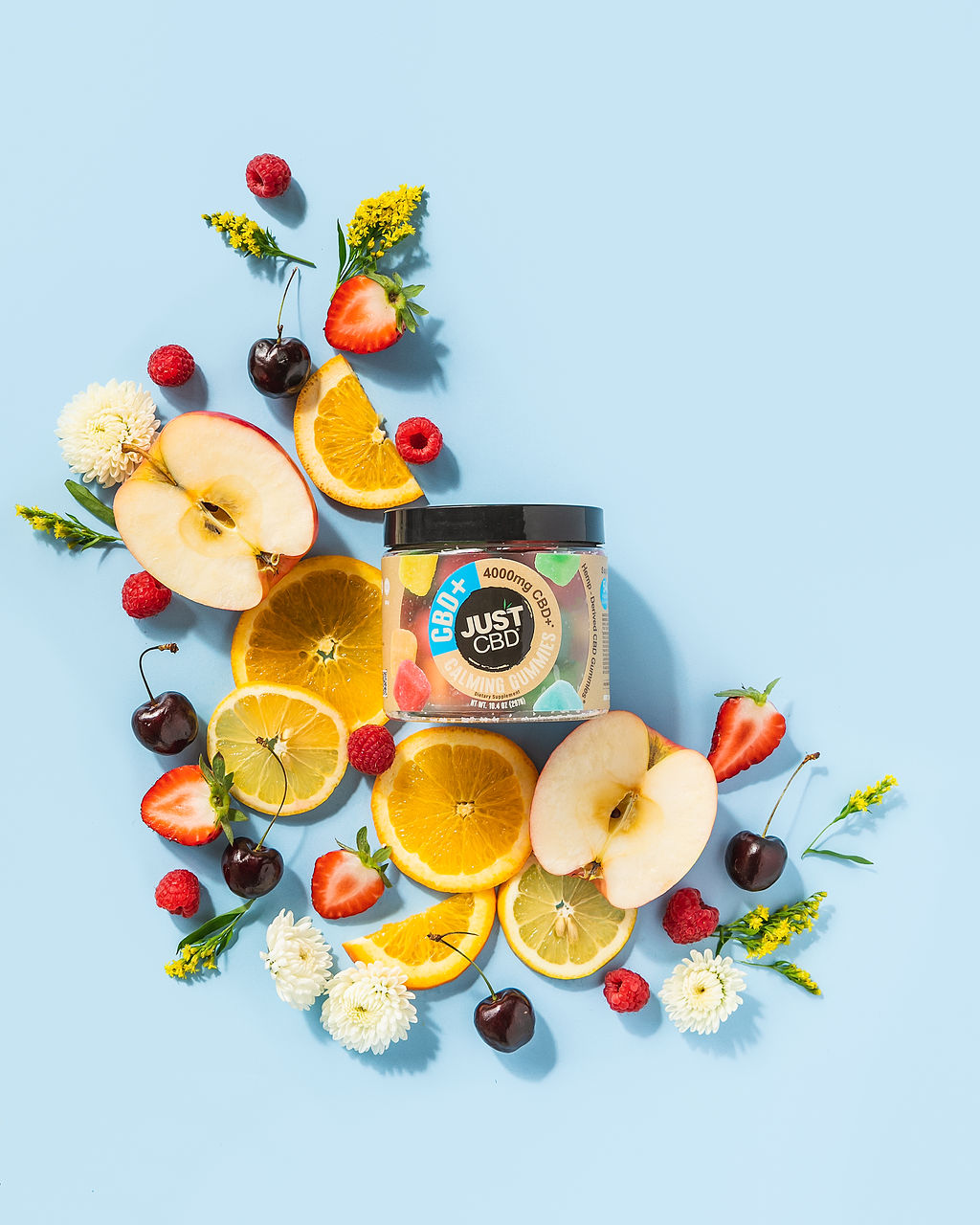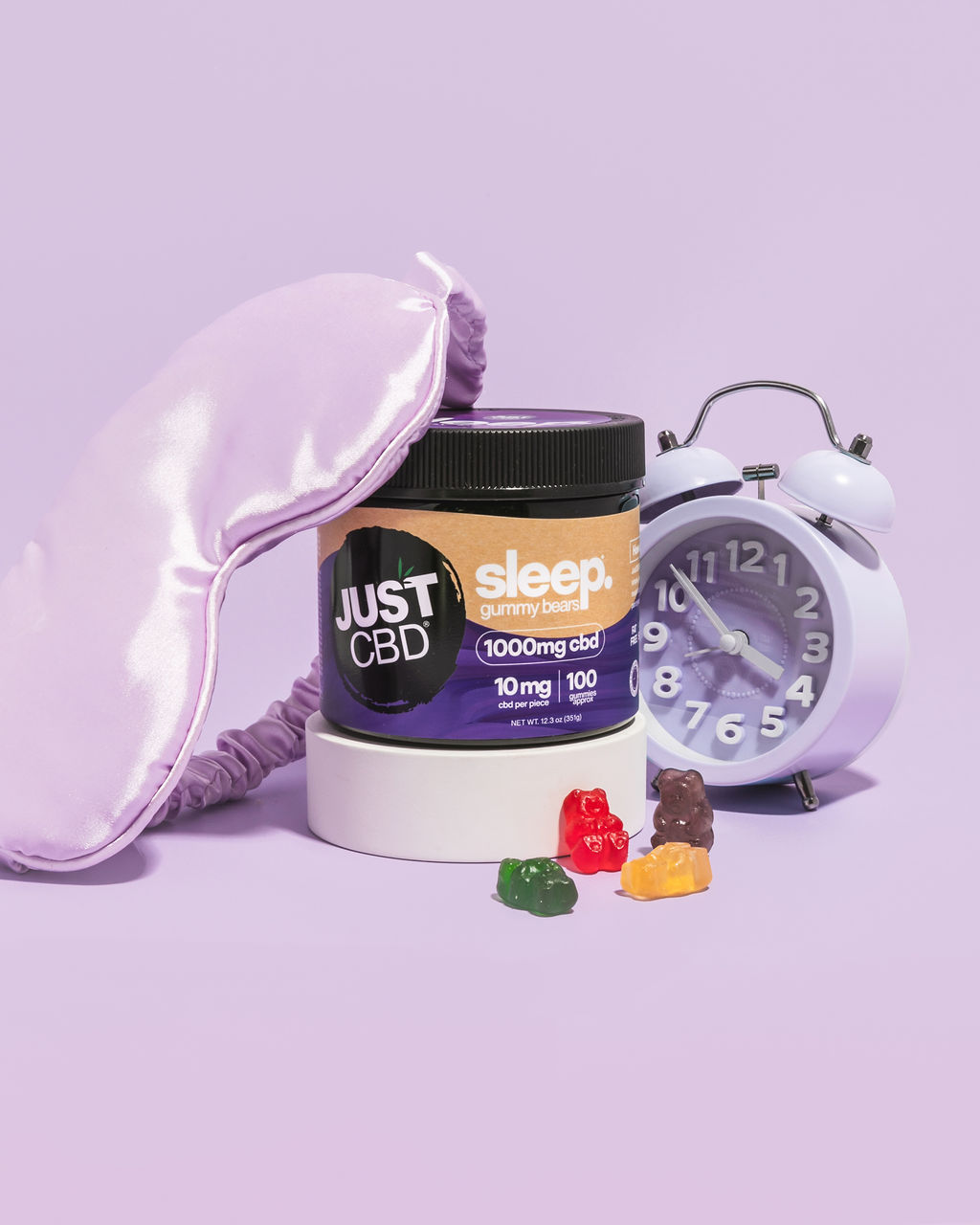Understanding PTSD and its Symptoms
Post-traumatic stress disorder (PTSD) is a debilitating mental health condition that can develop after experiencing or witnessing a traumatic event. Characterized by intrusive memories, flashbacks, nightmares, and persistent anxiety, PTSD significantly impacts an individual’s emotional well-being, relationships, and daily functioning.
Prevalence and Impact
Post-traumatic stress disorder (PTSD) is a debilitating mental health condition that can develop after experiencing or witnessing a traumatic event. Characterized by intrusive memories, flashbacks, nightmares, and persistent anxiety, PTSD significantly impacts an individual’s emotional well-being, relationships, and daily functioning.
The prevalence of PTSD is significant, affecting millions worldwide. It is estimated that approximately 8% of the U.S. population will experience PTSD at some point in their lives. Certain groups, such as veterans, first responders, and survivors of sexual assault or abuse, are at an increased risk.
The impact of PTSD can be profound, leading to a range of physical and mental health problems. Individuals with PTSD may also struggle with social isolation, substance abuse, and suicidal thoughts.
CBD gummies have emerged as a potential therapeutic option for managing the symptoms of PTSD. CBD is a non-psychoactive compound found in cannabis that has shown promise in reducing anxiety, improving sleep quality, and alleviating chronic pain, all of which are common symptoms associated with PTSD.
- Research suggests that CBD may interact with the endocannabinoid system, a complex network of receptors throughout the body that plays a role in regulating mood, stress response, and pain perception.
Types of PTSD Symptoms
Understanding PTSD and its symptoms is crucial for effective treatment and support. PTSD develops after exposure to a traumatic event, such as experiencing or witnessing violence, abuse, accidents, or natural disasters.
Symptoms of PTSD are categorized into four main types: intrusive memories, avoidance, negative changes in cognition and mood, and alterations in arousal and reactivity.
Intrusive memories involve distressing recollections of the traumatic event that may be experienced as flashbacks, nightmares, or unwanted thoughts. Avoidance behaviors encompass efforts to avoid reminders of the trauma, such as places, people, or activities associated with the event.
Negative changes in cognition and mood include persistent negative beliefs about oneself, others, or the world; distorted thoughts about the cause or consequences of the trauma; feelings of guilt, shame, or blame; and a diminished interest in previously enjoyed activities.
Alterations in arousal and reactivity manifest as hypervigilance, exaggerated startle responses, difficulty concentrating, irritability, angry outbursts, reckless behavior, and sleep disturbances.
The Potential Benefits of CBD for PTSD
Post-traumatic stress disorder (PTSD) is a complex mental health condition that can significantly impact individuals’ lives. Characterized by intrusive memories, flashbacks, anxiety, and other debilitating symptoms, PTSD arises from exposure to traumatic events. While traditional treatments like therapy and medication are effective for many, there is growing interest in exploring alternative therapies such as CBD gummies for managing PTSD symptoms.
CBD’s Interaction with the Endocannabinoid System
CBD gummies have emerged as a potential therapeutic option for managing the symptoms of PTSD. CBD is a non-psychoactive compound found in cannabis that has shown promise in reducing anxiety, improving sleep quality, and alleviating chronic pain, all of which are common symptoms associated with PTSD.
Research suggests that CBD may interact with the endocannabinoid system, a complex network of receptors throughout the body that plays a role in regulating mood, stress response, and pain perception. By influencing this system, CBD may help to reduce the physiological manifestations of anxiety and improve overall well-being.
Studies on CBD and PTSD Symptoms
While research on CBD’s effects on PTSD is still ongoing, preliminary studies suggest potential benefits. Some studies have indicated that CBD may help reduce symptoms like anxiety, insomnia, and hypervigilance, which are common in individuals with PTSD.
For example, a small 2019 study published in the journal “Cannabis and Cannabinoid Research” found that CBD was associated with significant reductions in anxiety and sleep disturbances in veterans with PTSD. Another study, published in the journal “Journal of Psychopharmacology,” suggested that CBD could help improve emotional regulation and reduce trauma-related distress in individuals with PTSD.
It’s important to note that more research is needed to fully understand the efficacy and safety of CBD for treating PTSD. Further large-scale, controlled clinical trials are essential to determine optimal dosages, long-term effects, and potential interactions with other medications.
How CBD Gummies Work for Managing PTSD Symptoms

Post-traumatic stress disorder (PTSD) is a debilitating mental health condition that can develop after experiencing or witnessing a traumatic event. Characterized by intrusive memories, flashbacks, nightmares, and persistent anxiety, PTSD significantly impacts an individual’s emotional well-being, relationships, and daily functioning. CBD gummies have emerged as a potential therapeutic option for managing the symptoms of PTSD. CBD is a non-psychoactive compound found in cannabis that has shown promise in reducing anxiety, improving sleep quality, and alleviating chronic pain, all of which are common symptoms associated with PTSD.

Absorption and Bioavailability
CBD gummies offer a potentially convenient method for individuals to consume CBD, aiming to manage various symptoms associated with PTSD. When consumed, CBD is absorbed through the digestive system and travels to the bloodstream.
The bioavailability of CBD, which refers to the proportion of the consumed dose that enters the bloodstream, can vary depending on several factors. The way CBD gummies are formulated and the individual’s metabolism play a role in determining bioavailability.
Dosage Considerations for PTSD
Dosage considerations for CBD gummies intended to manage PTSD symptoms are crucial and should be personalized based on individual needs and responses. There is no one-size-fits-all approach, as factors like body weight, metabolism, severity of symptoms, and the potency of the CBD gummies can influence the appropriate dosage.
It’s generally recommended to start with a low dose of 5-10mg of CBD and gradually increase it as needed while monitoring for any changes in symptoms. Consulting with a healthcare professional experienced in CBD therapy is highly advisable to determine the optimal dosage and ensure safe and effective use.
Important Considerations When Using CBD for PTSD
CBD gummies have emerged as a potential therapeutic option for managing PTSD symptoms, offering a convenient and accessible method of administering cannabidiol (CBD). CBD is a non-psychoactive compound found in cannabis known for its potential to reduce anxiety, improve sleep quality, and alleviate chronic pain, which are all prevalent issues faced by individuals with PTSD.
Potential Side Effects of CBD
While CBD shows promise, it’s crucial to understand its potential side effects before incorporating it into a treatment plan. Common side effects of CBD include dry mouth, drowsiness, diarrhea, and changes in appetite. Some people may experience more severe reactions, such as liver damage or allergic reactions.
It’s important to note that CBD can interact with certain medications, including blood thinners and antidepressants. Individuals taking prescription drugs should consult with their healthcare provider before using CBD.
When considering the use of CBD for PTSD, it is essential to weigh the potential benefits against the possible risks. Consulting a qualified healthcare professional who understands both PTSD treatment and CBD therapy is crucial.
They can provide personalized guidance on dosage, potential interactions with medications, and appropriate monitoring during treatment.
Legal Status and Regulations

Important considerations when using CBD for PTSD include understanding its potential benefits and risks. While preliminary research suggests CBD may help manage PTSD symptoms such as anxiety, insomnia, and hypervigilance, more extensive studies are needed to confirm its efficacy and long-term effects.
It’s crucial to consult a healthcare professional before using CBD for PTSD, as it can interact with certain medications and may not be suitable for everyone. Dosage should be personalized based on individual needs and responses.
The legal status of CBD varies depending on the jurisdiction. In the United States, CBD derived from hemp plants with less than 0.3% THC is legal at the federal level. However, some states may have their own regulations regarding CBD products.
Regulations surrounding CBD products are still evolving globally. It’s important to research and understand the legal framework in your specific location before using CBD for any purpose, including managing PTSD symptoms.
Consulting with a Healthcare Professional
When considering CBD for managing PTSD symptoms, consulting with a healthcare professional is crucial. They can assess your individual situation, considering your medical history, current medications, and the severity of your PTSD symptoms.
A qualified healthcare provider can help determine if CBD is an appropriate treatment option for you and guide you on safe dosage and usage. They can also monitor your progress and adjust your treatment plan as needed.
Shop premium CBD Gummies for relaxation
Order edible gummies by JustCBD
Bronzed Body Spray Tan
Camilla James
- Tinkerbell Nose Tip Lift Treatment Near East Clandon, Surrey - May 23, 2025
- Tear Trough Filler Where To Inject - May 22, 2025
- Sculptra Surrey – Collagen Stimulation Therapy Near Warlingham, Surrey - May 20, 2025
